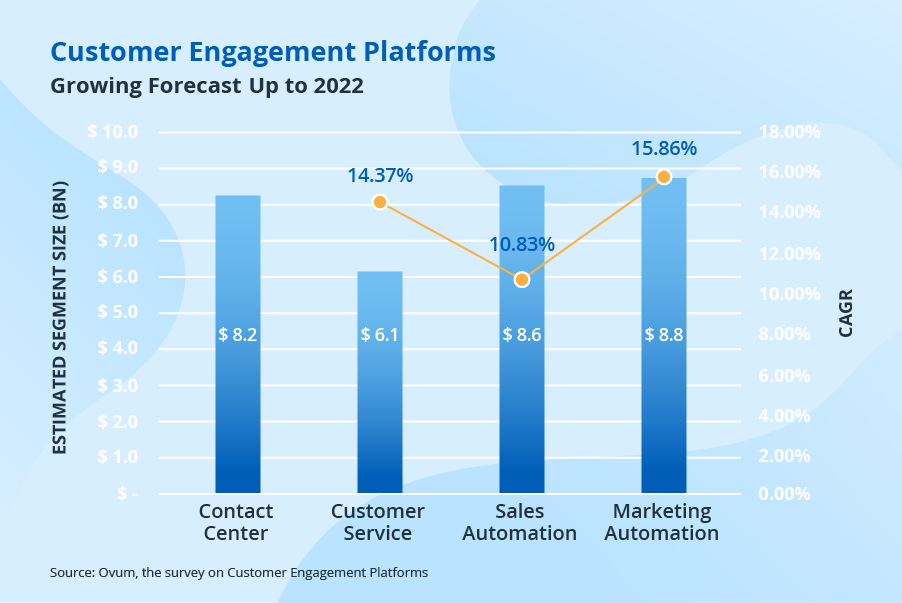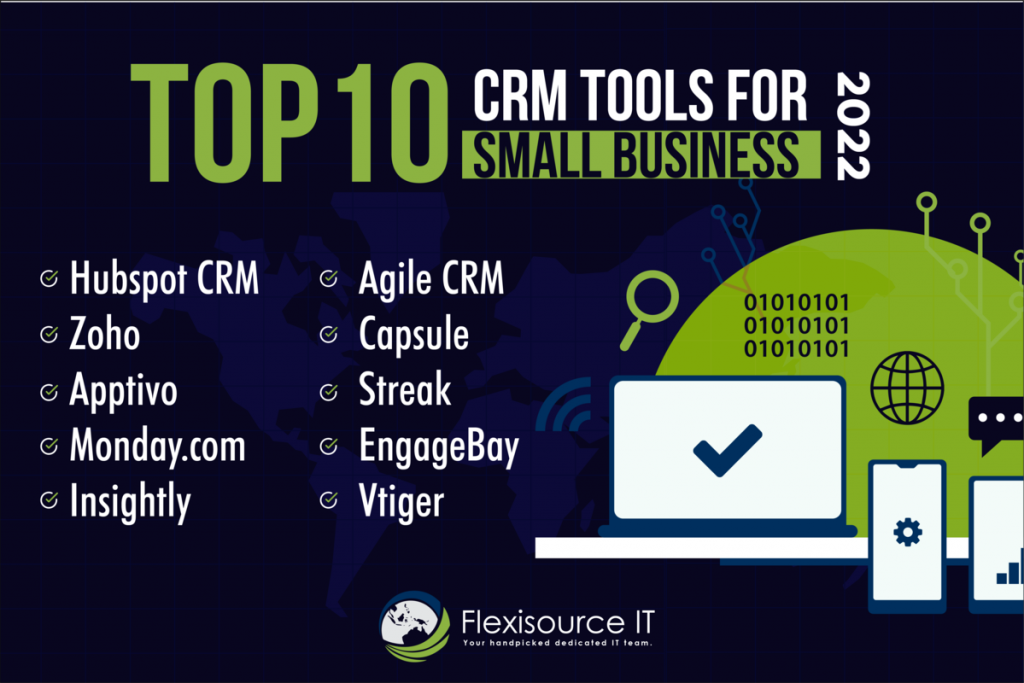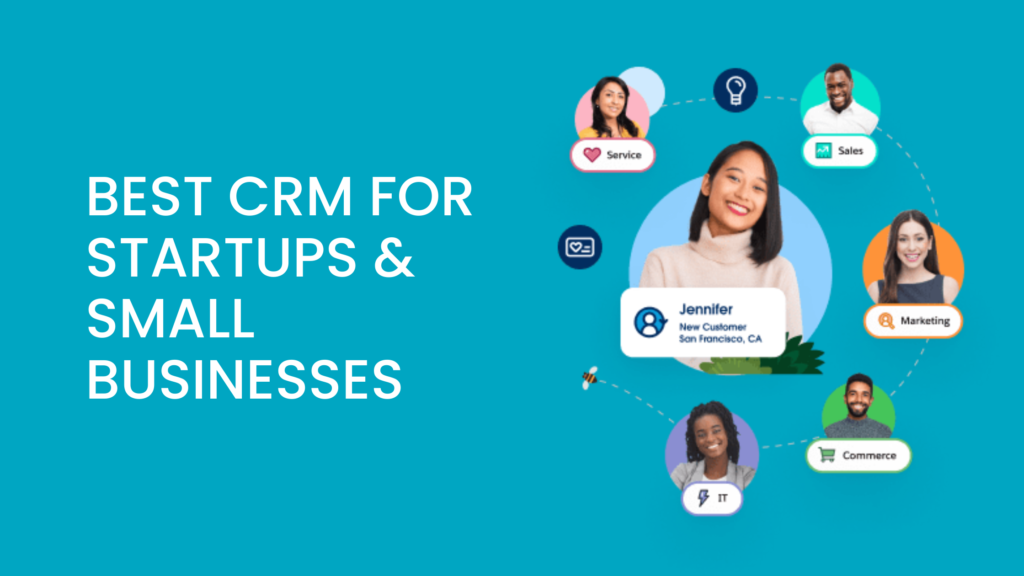Mastering CRM Marketing: Unleashing the Power of Customer Surveys

Unlocking the Potential of CRM Marketing with Customer Surveys
In the dynamic realm of modern business, understanding your customers is no longer just an advantage; it’s the cornerstone of success. This is where the synergy between Customer Relationship Management (CRM) marketing and customer surveys becomes incredibly potent. CRM marketing, at its core, is about building and nurturing relationships with your customers. Customer surveys, on the other hand, are the tools that provide the insights needed to understand those customers at a deeper level. When these two powerful forces combine, you gain the ability to create highly targeted campaigns, personalize customer experiences, and ultimately, drive significant business growth.
This comprehensive guide delves deep into the world of CRM marketing and customer surveys. We’ll explore how these two crucial elements work together, the benefits they offer, and practical strategies for implementation. Prepare to transform your customer interactions and elevate your marketing efforts to new heights.
What is CRM Marketing? A Refresher
Before we dive into the specifics of customer surveys, let’s establish a solid foundation in CRM marketing. CRM marketing is a strategic approach that focuses on managing and analyzing customer interactions and data throughout the customer lifecycle. The primary goal is to improve business relationships, retain customers, and drive sales growth. It involves using CRM software to collect and organize customer information, track interactions, and automate marketing activities.
Key aspects of CRM marketing include:
- Customer Data Management: Collecting, storing, and managing customer information, including contact details, purchase history, and communication preferences.
- Segmentation: Dividing customers into distinct groups based on demographics, behavior, and needs, enabling targeted marketing efforts.
- Personalization: Tailoring marketing messages and offers to individual customer preferences and behaviors.
- Automation: Automating marketing tasks, such as email campaigns, lead nurturing, and customer service workflows.
- Analytics and Reporting: Tracking and analyzing key performance indicators (KPIs) to measure the effectiveness of marketing campaigns and identify areas for improvement.
CRM marketing goes beyond simply collecting customer data; it’s about using that data to build meaningful relationships. It’s about understanding what your customers want, anticipating their needs, and delivering exceptional experiences.
The Role of Customer Surveys in CRM Marketing
Customer surveys are invaluable tools for gathering direct feedback from your customers. They provide a structured way to collect information about customer satisfaction, preferences, needs, and experiences. This feedback is then used to inform marketing strategies, improve products and services, and enhance the overall customer experience. In the context of CRM marketing, customer surveys play a critical role in:
- Gathering Customer Insights: Surveys provide a direct line of communication to understand customer perspectives.
- Identifying Customer Needs: Understanding what customers want and expect from your products and services.
- Measuring Customer Satisfaction: Assessing how happy customers are with their experiences.
- Improving Products and Services: Using feedback to make improvements and innovations.
- Personalizing Customer Experiences: Tailoring interactions based on individual preferences and feedback.
- Segmenting Customers: Grouping customers based on their responses, enabling more targeted marketing campaigns.
Customer surveys, when integrated with a CRM system, become even more powerful. The data collected from surveys can be linked to individual customer profiles, providing a 360-degree view of each customer. This allows for more personalized marketing, more effective customer service, and a deeper understanding of customer behavior.
Benefits of Combining CRM Marketing and Customer Surveys
The synergy between CRM marketing and customer surveys unlocks a wealth of benefits for businesses. Here are some of the key advantages:
- Improved Customer Retention: By understanding customer needs and preferences, you can proactively address issues and improve satisfaction, leading to higher retention rates.
- Increased Customer Loyalty: Personalized experiences and proactive communication foster stronger customer relationships and build loyalty.
- Enhanced Customer Satisfaction: Addressing customer feedback and making improvements based on their input directly increases satisfaction levels.
- Targeted Marketing Campaigns: Data from surveys allows you to segment your audience and create highly targeted campaigns that resonate with specific customer groups.
- Personalized Customer Experiences: Tailoring interactions, offers, and communication to individual customer preferences creates a more engaging and satisfying experience.
- Better Product Development: Feedback from surveys provides valuable insights for product improvements and new product development.
- Increased Sales and Revenue: Improved customer relationships, targeted marketing, and enhanced customer experiences all contribute to higher sales and revenue.
- Reduced Customer Churn: Proactive identification and resolution of customer issues reduce the likelihood of customers leaving.
- Data-Driven Decision Making: Surveys provide the data needed to make informed decisions about marketing strategies, product development, and customer service.
The combination of CRM marketing and customer surveys creates a virtuous cycle. Customer feedback informs marketing strategies, leading to improved customer experiences, which in turn, generate more positive feedback and stronger customer relationships. This cycle drives continuous improvement and sustainable business growth.
Types of Customer Surveys for CRM Marketing
There are various types of customer surveys that can be used in conjunction with CRM marketing. The best choice will depend on your specific goals and the information you want to gather. Here are some of the most common types:
- Customer Satisfaction Surveys (CSAT): Measure overall customer satisfaction with a specific product, service, or interaction.
- Net Promoter Score (NPS) Surveys: Determine customer loyalty and likelihood of recommending your brand to others.
- Customer Effort Score (CES) Surveys: Measure the effort customers have to exert to get their issues resolved or their needs met.
- Product Feedback Surveys: Gather feedback on specific products or features.
- Service Feedback Surveys: Collect feedback on customer service interactions.
- Website Surveys: Gather feedback on website usability and user experience.
- Post-Purchase Surveys: Collect feedback after a purchase to understand the customer’s experience and identify areas for improvement.
- Churn Surveys: Understand why customers are leaving and identify areas for improvement.
Each type of survey provides unique insights. By using a combination of survey types, you can gain a comprehensive understanding of your customers and their experiences.
Implementing Customer Surveys in Your CRM Strategy: A Step-by-Step Guide
Integrating customer surveys into your CRM strategy may seem daunting, but with a structured approach, it can be a seamless process. Here’s a step-by-step guide to help you get started:
- Define Your Goals: Before you begin, clearly define your objectives. What do you want to learn from your surveys? What specific areas do you want to improve?
- Identify Your Target Audience: Determine who you want to survey. Consider segmenting your audience to get more specific insights.
- Choose Your Survey Type: Select the survey types that align with your goals and target audience.
- Design Your Survey: Create clear, concise, and easy-to-understand questions. Use a mix of question types, such as multiple-choice, rating scales, and open-ended questions. Keep the survey as short as possible to maximize response rates.
- Choose Your Survey Tool: Select a survey tool that integrates with your CRM system. Many CRM platforms offer built-in survey capabilities or integrate with popular survey tools.
- Distribute Your Survey: Choose the best channels for distributing your survey, such as email, SMS, or in-app notifications.
- Analyze Your Data: Once you’ve collected responses, analyze the data to identify trends, patterns, and areas for improvement.
- Take Action: Based on your analysis, take action to address customer feedback and make improvements to your products, services, and customer experiences.
- Follow Up: Follow up with customers who provided feedback, especially those who expressed dissatisfaction.
- Monitor and Iterate: Continuously monitor your results and make adjustments to your surveys and strategies as needed.
By following these steps, you can effectively integrate customer surveys into your CRM strategy and start reaping the benefits.
Best Practices for CRM Marketing and Customer Surveys
To maximize the effectiveness of your CRM marketing and customer surveys, consider these best practices:
- Keep Surveys Short and Focused: Long surveys can lead to survey fatigue and lower response rates. Focus on asking only the most essential questions.
- Use Clear and Concise Language: Avoid jargon and technical terms that your customers may not understand.
- Personalize Your Surveys: Use customer data from your CRM system to personalize survey invitations and questions.
- Offer Incentives: Consider offering incentives, such as discounts or rewards, to encourage participation.
- Choose the Right Timing: Send surveys at the right time to maximize response rates. For example, send post-purchase surveys shortly after a purchase.
- Use a Variety of Question Types: Mix different question types to keep the survey engaging and gather a variety of information.
- Make Your Surveys Mobile-Friendly: Ensure your surveys are optimized for mobile devices, as many customers will complete them on their phones.
- Integrate Surveys with Your CRM: Integrate your survey tool with your CRM system to automatically capture and analyze survey data.
- Close the Feedback Loop: Let customers know that you’ve received their feedback and how you’re using it to make improvements.
- Protect Customer Data: Always prioritize data privacy and security. Be transparent about how you’re using customer data.
- Regularly Analyze and Act on Data: Don’t just collect data; analyze it regularly and take action based on the insights you gain.
- Test and Iterate: Continuously test and refine your surveys and strategies to optimize results.
By adhering to these best practices, you can ensure that your CRM marketing and customer surveys are effective and yield valuable insights.
Tools and Technologies for CRM and Customer Surveys
A variety of tools and technologies can help you implement CRM marketing and customer surveys. Here are some popular options:
- CRM Software: Popular CRM platforms include Salesforce, HubSpot, Zoho CRM, Microsoft Dynamics 365, and Pipedrive.
- Survey Tools: Popular survey tools include SurveyMonkey, Qualtrics, Google Forms, Typeform, and Alchemer.
- Email Marketing Platforms: Platforms like Mailchimp, Constant Contact, and Klaviyo can be used to distribute surveys and track responses.
- Customer Data Platforms (CDPs): CDPs, such as Segment and Tealium, can help you collect, manage, and analyze customer data from various sources, including surveys.
- Analytics Tools: Tools like Google Analytics and Adobe Analytics can be used to track website traffic, user behavior, and the effectiveness of marketing campaigns.
- Integration Platforms: Platforms like Zapier and Integromat can be used to integrate your CRM system with your survey tool and other marketing platforms.
The best tools for you will depend on your specific needs and budget. Consider your existing technology stack and choose tools that integrate well with your current systems.
Examples of CRM Marketing and Customer Surveys in Action
Let’s look at some real-world examples of how businesses are using CRM marketing and customer surveys to achieve success:
- E-commerce Retailer: An e-commerce retailer uses post-purchase surveys to gather feedback on the customer’s shopping experience, product quality, and delivery. They use this feedback to improve their website, product descriptions, and shipping processes. They also use the survey data to personalize marketing emails, offering tailored product recommendations and exclusive discounts based on customer preferences.
- Software Company: A software company uses NPS surveys to measure customer loyalty and identify promoters and detractors. They follow up with detractors to understand their issues and address their concerns. They also use the feedback to prioritize product improvements and feature development.
- Restaurant Chain: A restaurant chain uses CSAT surveys to gather feedback on the dining experience, food quality, and service. They use the feedback to train staff, improve menu items, and enhance the overall customer experience.
- Financial Services Company: A financial services company uses surveys to understand customer needs and preferences. They use the data to personalize financial advice, offer tailored financial products, and improve customer service.
These examples demonstrate the versatility and effectiveness of CRM marketing and customer surveys across various industries.
Measuring the Success of Your CRM and Survey Efforts
To ensure that your CRM marketing and customer survey efforts are successful, it’s essential to track key performance indicators (KPIs). Here are some important KPIs to monitor:
- Customer Satisfaction (CSAT) Score: Measures overall customer satisfaction.
- Net Promoter Score (NPS): Measures customer loyalty and likelihood of recommendation.
- Customer Effort Score (CES): Measures the effort customers have to exert to get their issues resolved.
- Customer Retention Rate: Measures the percentage of customers who remain customers over a specific period.
- Customer Churn Rate: Measures the percentage of customers who stop doing business with you.
- Conversion Rates: Measures the percentage of customers who complete a desired action, such as making a purchase.
- Website Traffic and Engagement: Measures website visits, page views, bounce rate, and time on site.
- Email Open and Click-Through Rates: Measures the effectiveness of email marketing campaigns.
- Sales Revenue: Measures the total revenue generated.
- Return on Investment (ROI): Measures the profitability of your CRM and survey efforts.
By tracking these KPIs, you can assess the effectiveness of your strategies and make data-driven decisions to optimize your results.
Challenges and How to Overcome Them
While CRM marketing and customer surveys offer significant benefits, there can be challenges. Here’s how to overcome them:
- Data Silos: Integrate your CRM system with your survey tool and other marketing platforms to avoid data silos.
- Low Response Rates: Keep surveys short, personalize them, offer incentives, and choose the right timing to maximize response rates.
- Data Privacy Concerns: Be transparent about how you’re using customer data and prioritize data security.
- Lack of Integration: Ensure seamless integration between your CRM system and survey tool.
- Analysis Paralysis: Focus on the most important KPIs and take action based on the insights you gain.
- Resistance to Change: Get buy-in from stakeholders and communicate the benefits of CRM marketing and customer surveys.
- Inaccurate Data: Validate your data and use data cleaning techniques to ensure accuracy.
By being aware of these challenges and taking proactive steps to address them, you can mitigate the risks and ensure the success of your CRM marketing and customer survey efforts.
The Future of CRM Marketing and Customer Surveys
The future of CRM marketing and customer surveys is bright. As technology continues to evolve, we can expect to see even more sophisticated and integrated solutions. Here are some trends to watch:
- Artificial Intelligence (AI): AI will be used to personalize customer experiences, automate marketing tasks, and analyze survey data.
- Machine Learning (ML): ML will be used to predict customer behavior, identify trends, and optimize marketing campaigns.
- Chatbots: Chatbots will be used to provide customer service, gather feedback, and personalize interactions.
- Voice of the Customer (VoC) Platforms: VoC platforms will integrate data from various sources, including surveys, social media, and customer service interactions, to provide a holistic view of the customer experience.
- Hyper-Personalization: Marketing efforts will become even more personalized, with tailored offers, content, and experiences.
- Cross-Channel Marketing: Businesses will use a variety of channels, including email, SMS, social media, and in-app notifications, to reach customers.
- Data Privacy and Security: Data privacy and security will become even more important, with businesses taking steps to protect customer data.
By staying informed about these trends, you can prepare for the future of CRM marketing and customer surveys and ensure your business remains competitive.
Conclusion: Harnessing the Power of Data for Customer Success
CRM marketing and customer surveys are indispensable tools for businesses seeking to build strong customer relationships, drive growth, and achieve lasting success. By combining the power of CRM with the insights gained from customer feedback, you can create a customer-centric approach that puts the customer at the heart of everything you do.
This guide has provided a comprehensive overview of CRM marketing and customer surveys, including the benefits, implementation strategies, best practices, and future trends. By implementing the strategies and insights discussed in this guide, you can transform your customer interactions, boost customer loyalty, and achieve your business goals. Embrace the power of data, listen to your customers, and create a customer experience that sets you apart from the competition. The journey toward customer success starts with understanding your customers, and CRM marketing and customer surveys are the keys to unlocking that understanding. Start implementing these strategies today, and witness the transformative power of data-driven customer relationships.




